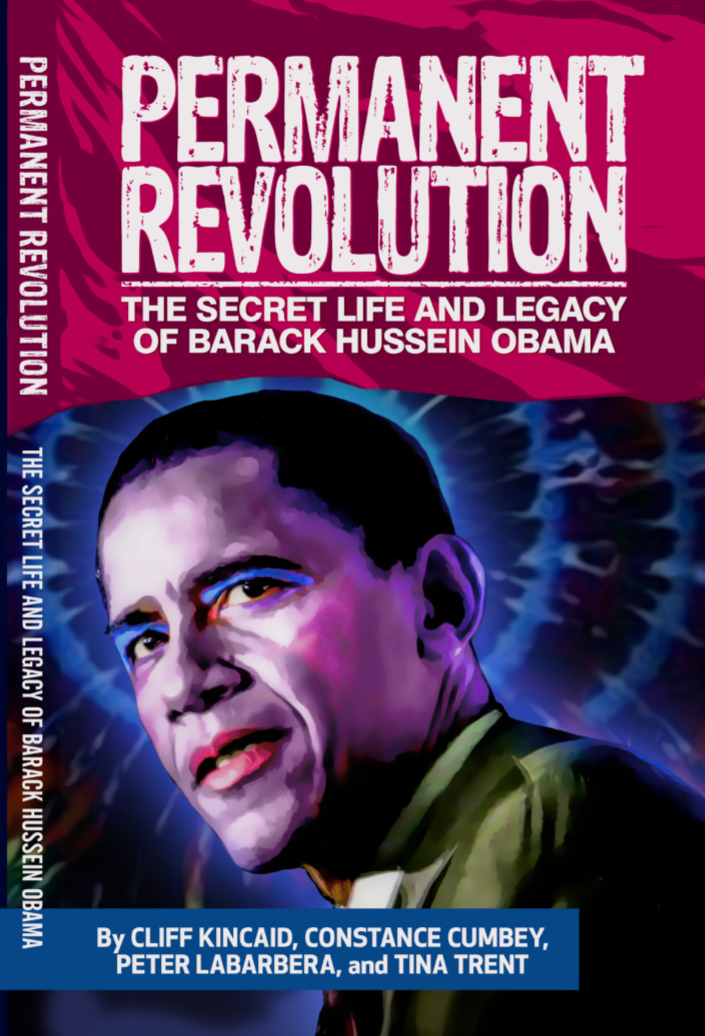|
Sen. Tom Cotton official release
NOVEMBER 05, 2021 RUSSIA IS BIDEN’S NEXT FOREIGN-POLICY TEST While President Biden has been distracted by a climate-change conference and sagging approval at home, President Vladimir Putin is building up Russian forces along the Ukrainian border. The Biden administration must respond to this provocation and do what President Obama didn’t—deter Russian aggression against its Western neighbor—before it’s too late. Russia’s war against Ukraine started in 2014, when Russian forces invaded, seized the Crimean Peninsula, and occupied the eastern regions of Donetsk and Luhansk. Since then, Russian forces have carried out sporadic attacks against the Ukrainian military—using artillery barrages, drone strikes and infantry incursions. Mr. Putin’s war has claimed the lives of more than 14,000 Ukrainians. Mr. Putin has only become more aggressive since Mr. Biden took office. In April, the Kremlin deployed more than 100,000 troops to the Ukrainian border—the most since the 2014 invasion. In his April 2021 State of the Nation address, Mr. Putin broadened Russia’s “red lines” and threatened a “swift response” if the North Atlantic Treaty Organization increased its activity in Ukraine. Last summer, Mr. Putin repeated his claim that Russians and Ukrainians are “one people—a single whole” and warned those who try to use “our historical territories . . . against Russia” that they “will destroy their own country.” Last month Mr. Putin asserted that Western support for Ukraine’s military “really poses a threat to Russia.” Mr. Putin is backing up his words with action. Satellite images and videos appear to show Russian armored vehicles and troop convoys massing near the Ukrainian border, where 80,000 to 90,000 Russian troops already sit. These troop movements may be a prelude to a renewed invasion of Ukraine or an attempt to extract concessions from the Ukrainians, the European Union or the Biden administration. In either case, Mr. Putin has leverage. Russia supplies 40% of Europe’s natural gas and could shut off heat to millions of European homes during the winter. He has wielded this threat since July and has a long record of using Russia’s energy supply as a weapon. It’s an open question whether countries like Germany and France would support Ukraine if it meant crippling energy shortages. Unless Mr. Biden wants another geopolitical disaster to follow Afghanistan, he should take several immediate steps to deter Russia and put Mr. Putin on the defensive. First, increase and expedite shipments of lethal defensive weapons to Ukrainian allies. In 2015, I visited Ukrainian troops in Dnipro, not far from the eastern front. One officer pleaded for Javelin antitank missiles, observing that “we don’t need to destroy every Russian tank, we only need to destroy one Russian tank.” Mr. Putin should be made to understand that the Ukrainians can inflict severe costs on Russia if he invades again; we can help Ukraine inflict those costs. Second, impose sanctions against Russia’s Nord Stream 2 natural-gas pipeline. Mr. Biden waived sanctions as a gesture of goodwill to Russia. It hasn’t been reciprocated. Third, expel enough Russian diplomats to establish parity between the bloated Russian delegation in the U.S. and the American delegation in Russia, which Mr. Putin shrank earlier this year. The administration has tolerated an unfair and unequal arrangement in hopes that the Russians would moderate their behavior. The Russians only became more provocative. Fourth, pressure European allies to share more of the burden of deterring Russia. In particular, France and Germany should join the U.S. and U.K. to threaten sanctions against the Russian energy industry, including its state-controlled giants Gazprom and Rosneft, should Russia invade Ukraine. We should also threaten to cut Russia off entirely from international financial networks. Because the French and German economies are most tangled up with Russia, their threats would carry particular weight. For four years, Democrats maligned President Trump as weak on Russia. In reality, Mr. Trump put pressure on the Kremlin by killing the Intermediate-Range Nuclear Forces Treaty, increasing NATO defense spending, and providing lethal aid to Ukraine, among other actions. This effectively deterred a renewed invasion or any big brinkmanship along the Ukrainian border. Mr. Biden’s feeble foreign policy has invited his aggression. Mr. Biden served in the Senate for much of the Cold War and should have learned that KGB officers like Mr. Putin respect only power and strength, ruthlessly exploiting generosity and weakness. Mr. Putin won’t stop his aggression until he is forced into a defensive posture by united Western pressure. ###
0 Comments
Leave a Reply. |


